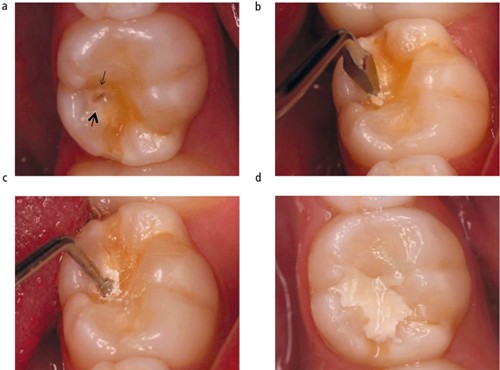Understanding the Connection Between ZIP Codes and Medicare
Deciphering Medicare Eligibility
When it comes to enrolling in Medicare, many factors come into play, including age, citizenship status, and disability status. However, one lesser-known factor that can impact Medicare eligibility and coverage options is your ZIP code. Understanding the relationship between ZIP codes and Medicare is essential for making informed decisions about your healthcare coverage.
Geographic Variation in Medicare Plans
Medicare is a federal program, but it operates within a framework of geographic regions, each with its own set of rules and regulations. These regions can vary significantly in terms of healthcare costs, provider networks, and available Medicare plans. As a result, the ZIP code in which you reside can have a significant impact on the Medicare plans available to you and their associated costs and benefits.
Medicare Advantage Plan Availability
One way in which ZIP codes can influence Medicare coverage is through the availability of Medicare Advantage plans. Medicare Advantage plans, also known as Medicare Part C, are private insurance plans that offer an alternative to traditional Medicare. These plans often vary by region, with different insurance companies offering plans in different areas. As a result, the availability of Medicare Advantage plans in your ZIP code can affect your options for coverage.
Cost Disparities in Medicare Part D
Another area where ZIP codes can impact Medicare coverage is in the realm of prescription drug coverage, also known as Medicare Part D. The cost of prescription drugs can vary significantly depending on where you live, with some regions experiencing higher drug prices than others. This means that the cost of Medicare Part D plans can also vary by ZIP code, potentially affecting your out-of-pocket expenses for medications.
Healthcare Provider Networks
In addition to affecting the availability and cost of Medicare plans, ZIP codes can also influence your access to healthcare providers. Many Medicare Advantage plans utilize provider networks, which are groups of doctors, hospitals, and other healthcare providers that have agreed to provide services to plan members at discounted rates. The composition of these networks can vary by region, meaning that the providers available to you may differ depending on your ZIP code.
Understanding Healthcare Utilization Patterns
The relationship between ZIP codes and Medicare coverage is further complicated by variations in healthcare utilization patterns. Factors such as population density, demographics, and healthcare infrastructure can all influence how healthcare services are accessed and utilized in different regions. This means that the healthcare needs of individuals living in urban areas may differ from those living in rural areas, leading to variations in Medicare coverage options and costs.
Navigating Medicare Enrollment
Given the complexities of Medicare coverage and the influence of ZIP codes, navigating the enrollment process can be challenging. It’s essential to research your options carefully, considering factors such as plan costs, provider networks, and coverage benefits. Consulting with a licensed insurance agent or Medicare counselor can also be helpful in understanding your options and making informed decisions about your healthcare coverage.
Advocating for Accessible Healthcare
Ultimately, the relationship between ZIP codes and Medicare highlights the need for policies that promote equitable access to healthcare services across all regions. Efforts to address disparities in healthcare access, affordability, and quality can help ensure that all Medicare beneficiaries have access to the care they need, regardless of where they live. By advocating for policies that prioritize healthcare equity, we can work towards a future where ZIP codes no longer dictate the quality of healthcare available to individuals. Read more about what does zip code have to do with medicare




